| << Chapter < Page | Chapter >> Page > |

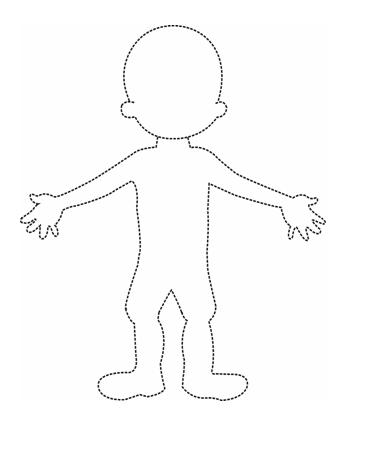
Think of three different things you must do to take care of your body. Draw a picture for each.
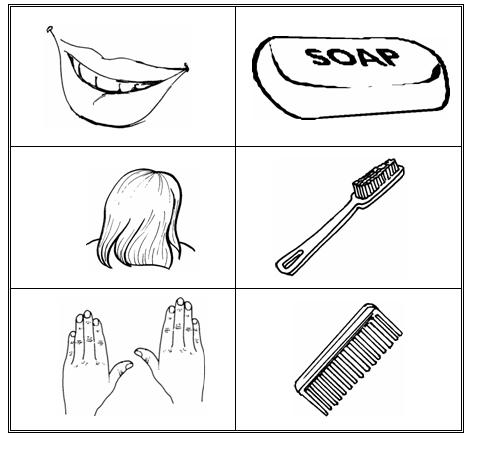
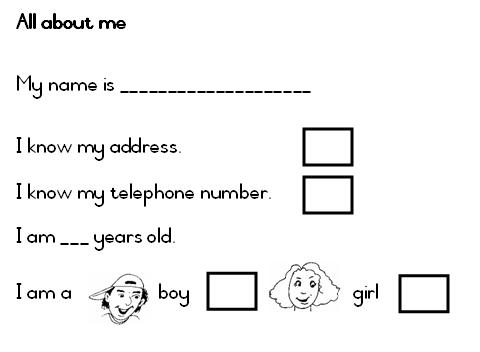
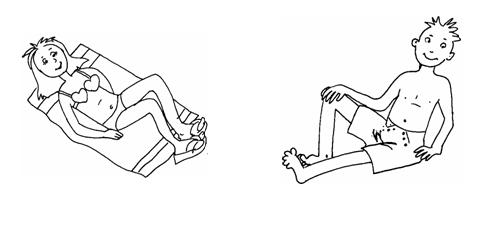

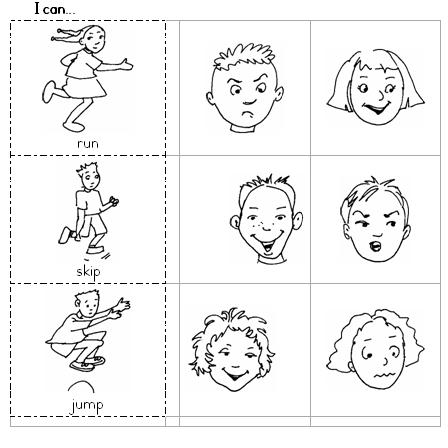
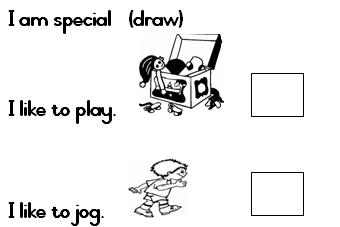
| Learning Outcomes(LO’s) |
| LIFE ORIENTATIONLO 1 |
| HEALTH PROMOTION The learner is able to make informed decisions about personal, community and environmental health. |
| Assessment Standards(ASs) |
| We know this when the learner: |
| 1.5 recognises situations that may be, or may lead to, sexual abuse, and names a person to whom this can be reported. |
| LO 3 |
| PERSONAL DEVELOPMENT The learner will be able to use acquired life skills to achieve and extend personal potential to respond effectively to challenges in his or her world. |
| Assessment Standards(ASs) |
| We know this when the learner: |
| 3.1 states personal details;3.2 describes own body in a positive way; |
| ARTS AND CULTURELO 1 |
| CREATING, INTERPRETING AND PRESENTING The learner will be able to create, interpret and present work in each of the art forms. |
| Assessment Standards(ASs) |
| We know this when the learner: |
|
| GEOGRAPHYLO 1 |
| GEOGRAPHICAL ENQUIRYThe learner will be able to use enquiry skills to investigate geographical and environmental concepts and processes. |
| We know this when the learner: |
| 1.1 indicates direction and position of objects in relation to self (e.g. left, right, in front, behind). |
The following unit is based on “Me”. It deals with everything involving the learner.
Learners must realise that we differ from one another, that each of us is special and that everybody has his or her own talents. Each learner discovers his own unique talents and must acquire sufficient self-confidence. They should also realise that nobody is perfect.
My body

Notification Switch
Would you like to follow the 'Life skills grade 1' conversation and receive update notifications?